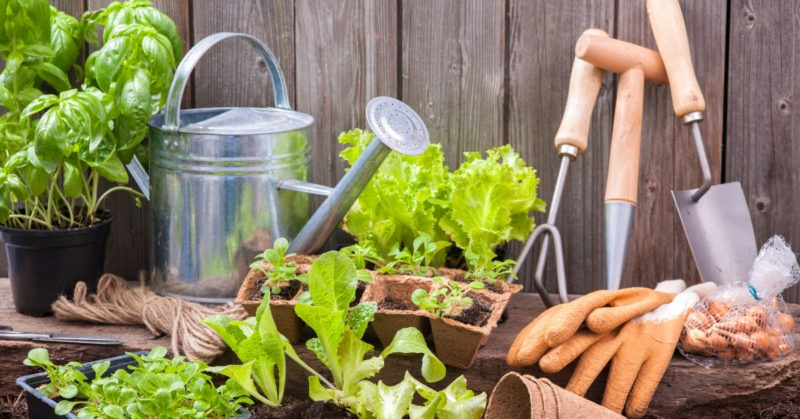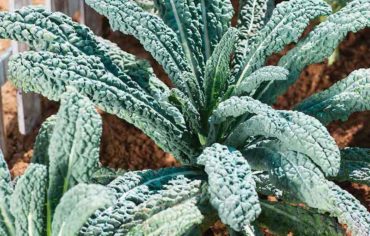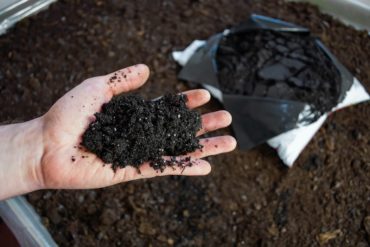Thousands of people use gardening to improve and maintain their mental health – the restorative qualities of nature have long been used to reduce stress. In Japan, the popular pastime known as shinrin-yoku, or ‘forest bathing’, is a widely practised method of relaxation. And the Nordic tradition of friluftsliv (which roughly translates to ‘open-air living’) encourages people to get outside and make the most of natural daylight to boost wellbeing. If you’re looking for natural ways to improve your mental health, here’s how gardening can help…
How gardening helps mental health
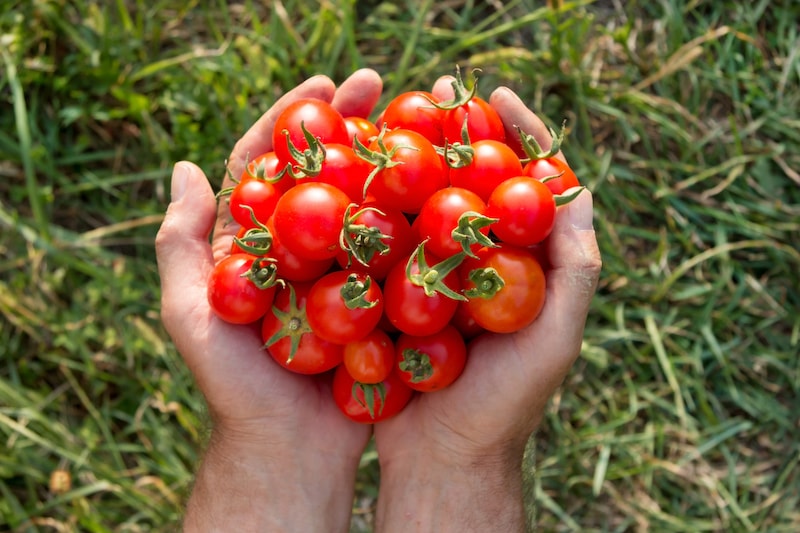
Image: Tomato Seeds ‘Gardener’s Delight’ from Suttons
During lockdown, many people turned to gardening to relieve anxiety and as a safe form of physical exercise. Growing plants, flowers, fruit and vegetables became such a popular hobby that many seeds sold out! But it’s more than just the self-reported benefits that are interesting. Recent studies prove that gardening reduces stress and improves mood.* And getting grubby in the garden has been shown to help people recover from mental fatigue too.**
According to the charity Mind, gardening is a great way to improve your mood, confidence and physical health: “Research into ecotherapy (a type of formal treatment which involves doing activities outside in nature) has shown it can help with mild to moderate depression. This might be due to combining regular physical activity and social contact with being outside in nature.”
The team at gardening for health charity Thrive agrees, explaining that the benefits go way beyond relaxation and physical fitness: “while gardens can be relaxing, they can also be places where our efforts result in a real sense of achievement, boosting confidence and self-esteem.”
In some countries, there’s a growing trend for gardening and horticultural therapies to be prescribed to alleviate symptoms of stress, mental health illnesses and dementia.
Easy ways to get started

Image: Rudbeckia Seeds ‘Chim Chiminee’ from Suttons
You can use even the smallest of outside spaces to reap the benefits of gardening as a hobby. A patio, balcony, windowsill or courtyard all have plenty of room for cultivation. All you need are a few pots, some hanging baskets, or a patch of earth in which to germinate your seeds.
First, decide what you’d like to grow. It’s incredibly satisfying to plant and harvest your own fresh produce. If you want to grow food, our month-by-month guide on when to sow vegetables is a great place to start, whether you want a plot full of veggies, or just a few snack tomatoes and berries.
Perhaps you prefer to grow a colourful display of sweet smelling blooms? You can sow flower seeds all year round – take inspiration from our helpful checklists that tell you which flowers to sow each month.
Sensory gardens that play on smells, colours or textures are shown to have a positive outcome on mental health, especially in children and dementia patients. Patients in a Norwegian care home experienced improvements in contentment, balance, and sleep patterns after spending time in a sensory garden. Plant highly scented shrubs, flowers and herbs to stimulate the sense of smell, or introduce a trickling water feature, wind chimes and rustling grasses to awaken the joy of sound.
Bring the outdoors in
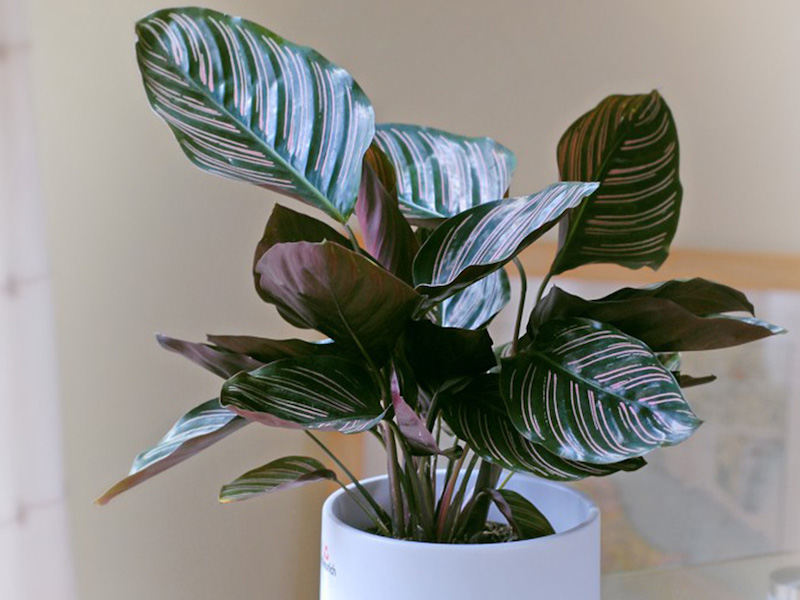
Image: Calathea ornata Sanderiana (Peacock Plant) from Suttons
You can reap the rewards of gardening in the tiniest of spaces. It’s easy to grow your own herbs on a bright windowsill, and there’s a huge variety of house plants that you can tend and care for. Whether you create your own tropical indoor jungle or simply look after a few bonsai trees, the happiness that comes from watching something burst into life and thrive is hard to beat.
Mental health benefits associated with gardening
- Improved self-esteem – successfully growing something beautiful or edible is incredibly satisfying.
- Improved fitness – keeping active in the sunlight and enjoying gentle exercise releases serotonin (known as the happy chemical as it helps to prevent depression).
- Reduced stress – finding moments to enjoy simple things like a sunny yellow flower or your first juicy tomato helps to keep life in perspective.
- Positive happy mindset – gardening makes you mindful of the seasons and reminds us that after every difficult winter, spring always returns.
Footnotes:
*Ulrich, R.S., Simons, R.F., Losito, B.D., Fiorito, E., Miles, M.A. and Zelson, M. (1991) Stress recovery during exposure to natural and urban environments, Journal of Environmental Psychology, 11, 201–230.
**Kaplan, R. and Kaplan, S. (1989) The experience of nature. A psychological perspective, Cambridge: Cambridge University Press.
Last Updated on November 8, 2024 by Suttons Horticultural Team

